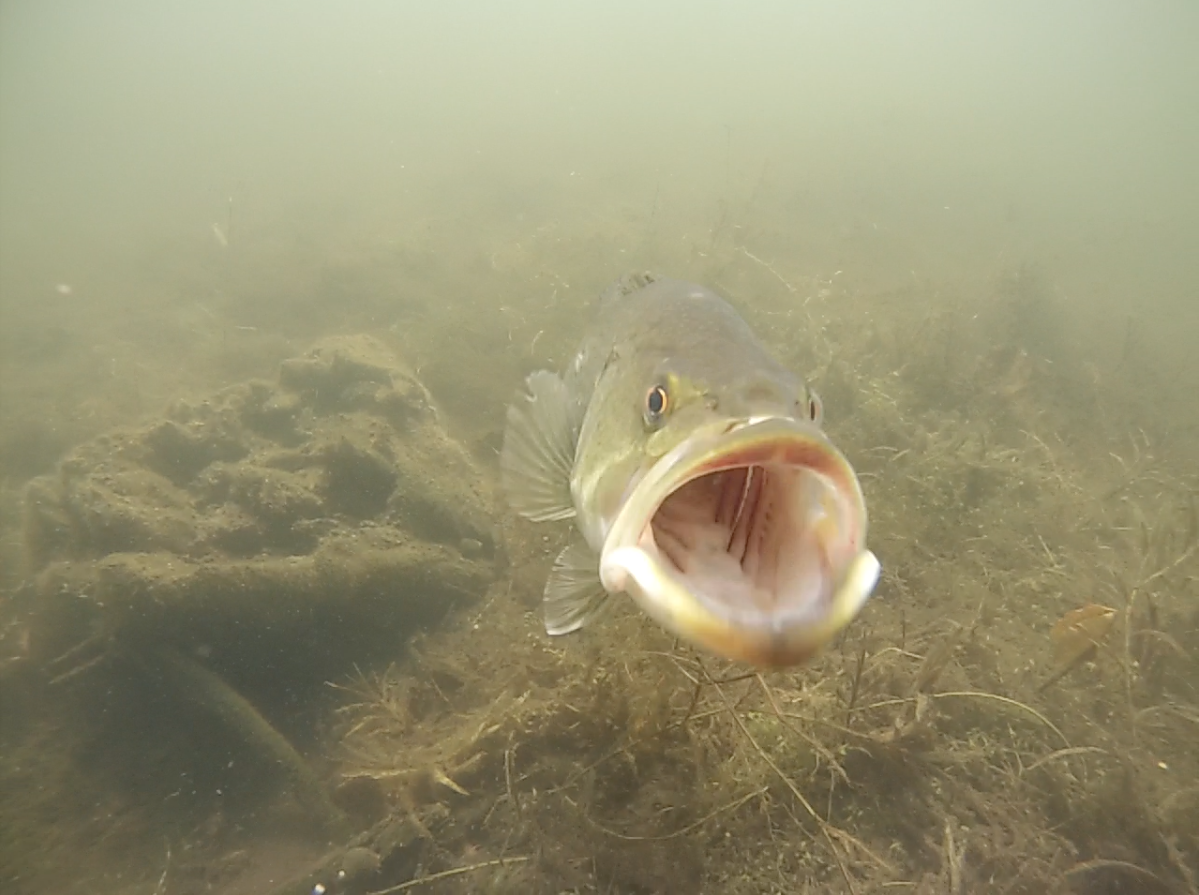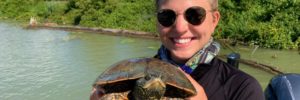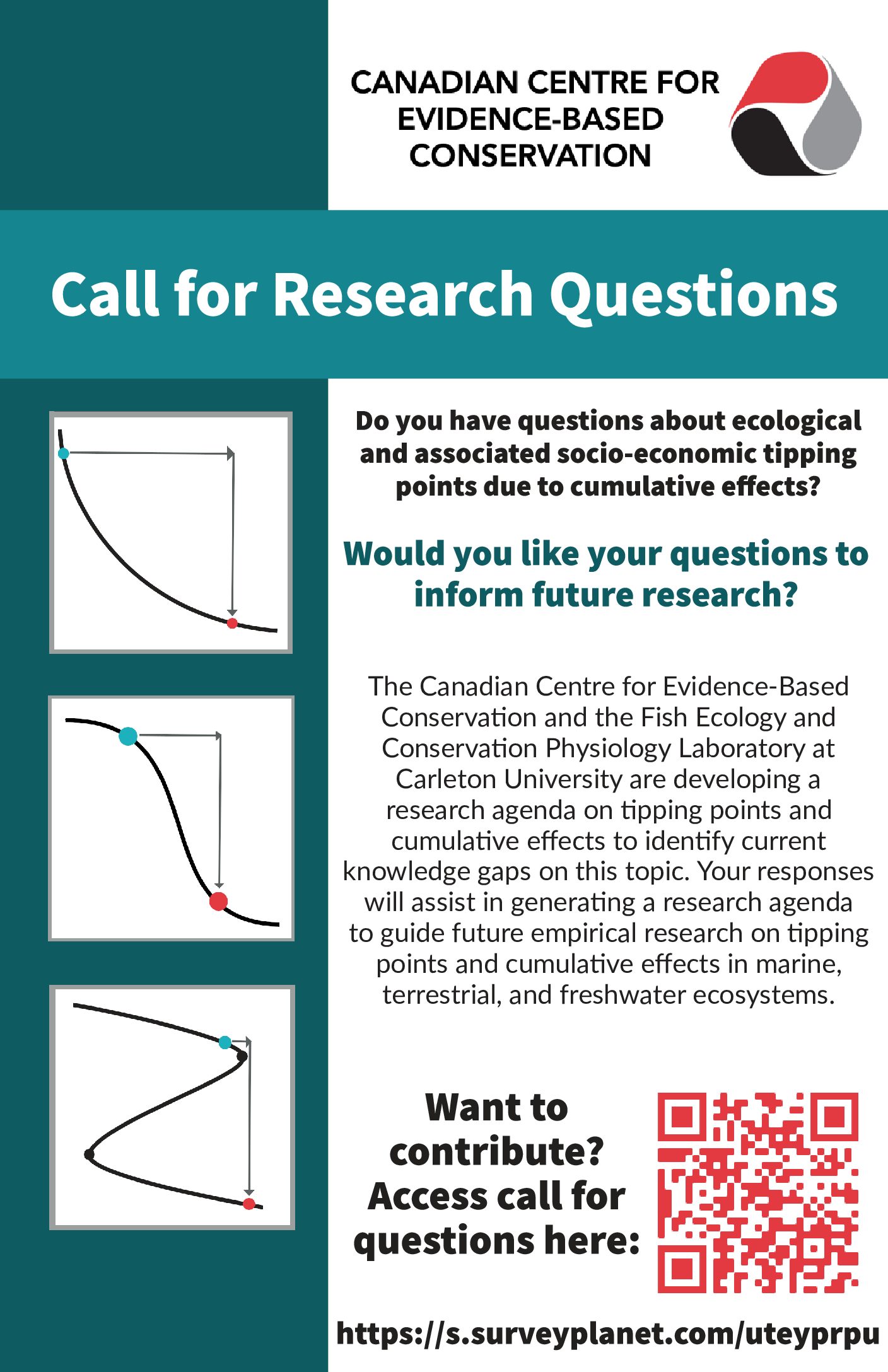Lake Opinicon at the Queen’s University Biological Station provides unique research opportunities due to its longstanding freshwater protected areas, where angling has been banned for over 70 years. These protected areas have allowed student researchers to explore the effects of recreational angling on wild populations. One such project has looked at the possibility of fisheries induced evolution (FIE) on the nesting behaviour of largemouth bass in and out of sanctuary areas. Previous studies have found that fishing selects for the most aggressive males, which are also the ‘best dads’. For this study, nest-guarding largemouth bass were found by snorkel survey and recorded on a map of the lake. Fish were then assessed for their general tending of their nest, response to a model brood predator, anti-predator behaviour to a bluegill sunfish, and for their response to angling. Each of these measures provides insight on the male’s aggression and ability to provide parental care. Overall, the project aims to shed light on the evolutionary effect recreational angling has on the parental care of commonly targeted wild fish populations. Furthermore, it will indirectly evaluate the extent to which freshwater protected areas have served as an evolutionarily enlightened management strategy.





